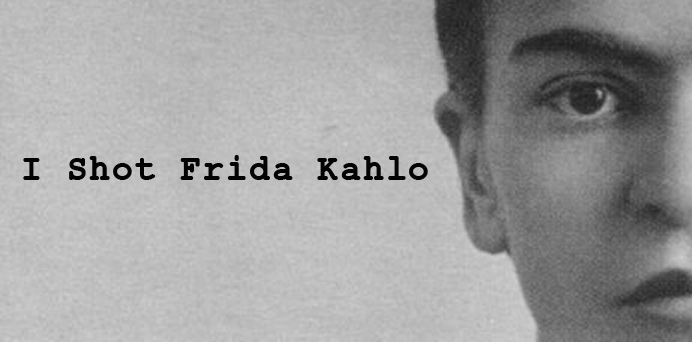
Fig. 1. Walker Evans - Salón, West Virginia, 1935
'Never discuss the poem you contemplate writing. It's like turning on the outside spigot. It takes all the pressure off the upstairs bathroom.'
* 'It is tact that is golden, not silence.' (Samuel Butler)
'Never discuss the poem you contemplate writing. It's like turning on the outside spigot. It takes all the pressure off the upstairs bathroom.'
Robert Frost
* 'It is tact that is golden, not silence.' (Samuel Butler)











































